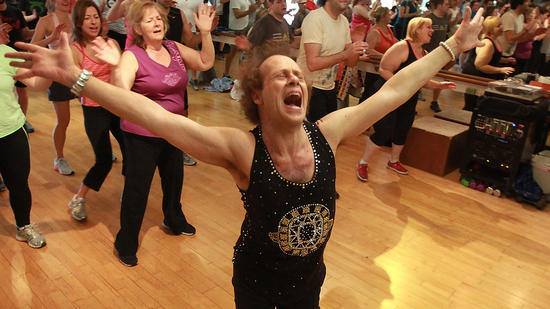Lately I’ve been asking myself two questions:
- Why can’t I get in to see a doctor sooner?
And
- How does my mental illness affect my writing?
I usually ask these questions from my bed, staring out my window at the leaves turning up their bellies from a strong wind. I’ve been having a bit of a hard time pals, and it affects my writing exponentially. However, I’ve been reading from a collection of poems by and about physical disabilities recommended by Lytton titled, Beauty is a Verb. I’ve been finding a lot of solace in the book and I’m starting to understand ways in which disability can become generative for writing and translating the world uniquely into poetry. For instance, I found a lot of hope in an essay by Alex Lemon, “And Now I See” in which he describes developing nystagmus and double-vision after a brain surgery. He writes, “But as I’ve learned to accept this changed body, I’ve realized that visual changes have played a significant role in my poetic development. They’ve destabilized me, helped me embrace the unruliness of the world and accelerated the broadening of my imagination. Without sight, I felt the world had become an unknowable place. But the idea that I knew the world because I could see it was an illusion—an illusion of control. This destabilization was bewildering and beautiful and pivotal. The act of tearing everything down helped me become more open to the possibility of everything, and that openness is a crucial element of writing.”
As someone suffering from mental illness and waiting for the doctors to diagnose me and prescribe me this is helpful for a number of reasons. Lemon uses his disability to uniquely shape the images in his poetry and in reading this, I felt that I could do something similar. It’s harder because if I was being honest I would say that the biggest way my mental illness shapes my writing is by keeping me from it. Day after day I feel as though I approach my journal or my laptop with a motivation that is being locked away and sometimes this causes intrusive thoughts and I tend to react emotionally or sometimes I fall into a dissociative state in which I feel like my memories are imagined and makes it difficult for my mind to sort out what I want to write. As I continue to read this book which is focused on disability writing and or language and how disabilities can affect the poetics, I will be keeping in mind a few questions for myself and my writing:
Do I have or need a sort of language to match my life experience with a mental illness?
What kind of writing helps me cope with my mental illness?
What are some mechanisms I can use to keep myself writing when my mental illness makes me feel I am an imposter?
What truths, if any, about the world have I learned that I feel are directly connected with the way my mental illness affects my life and how can I share them in my poetry?
More to come, folks.






